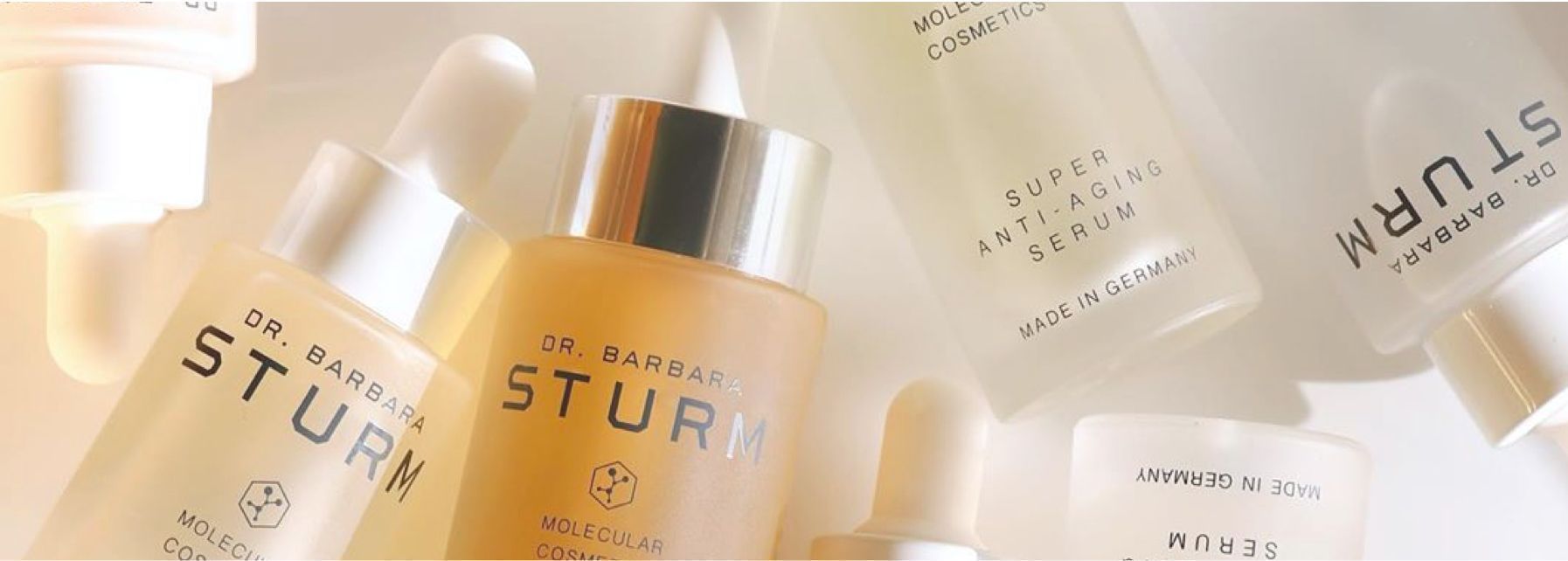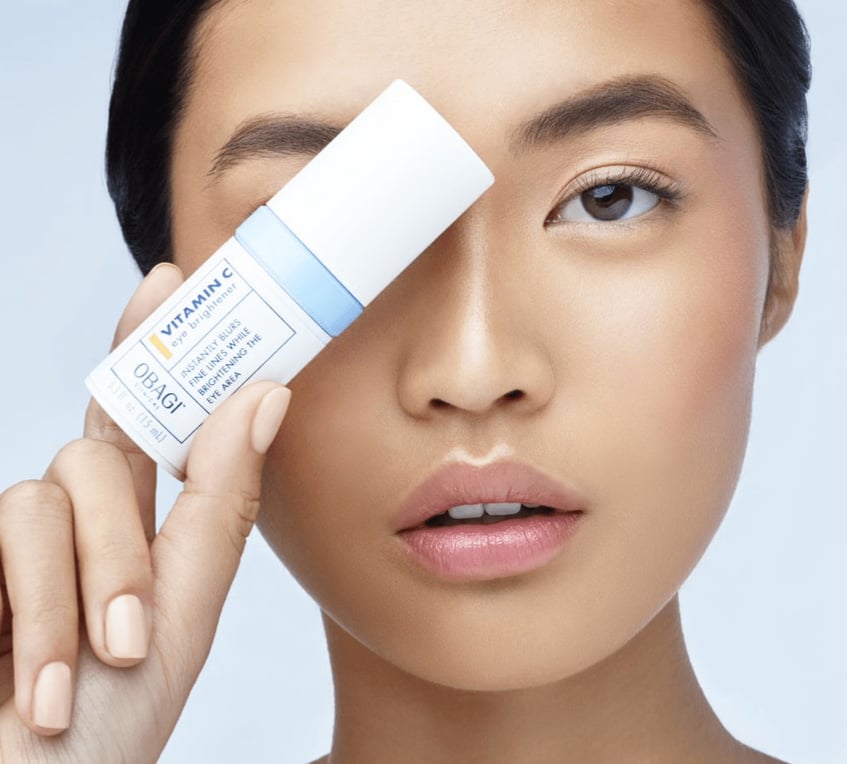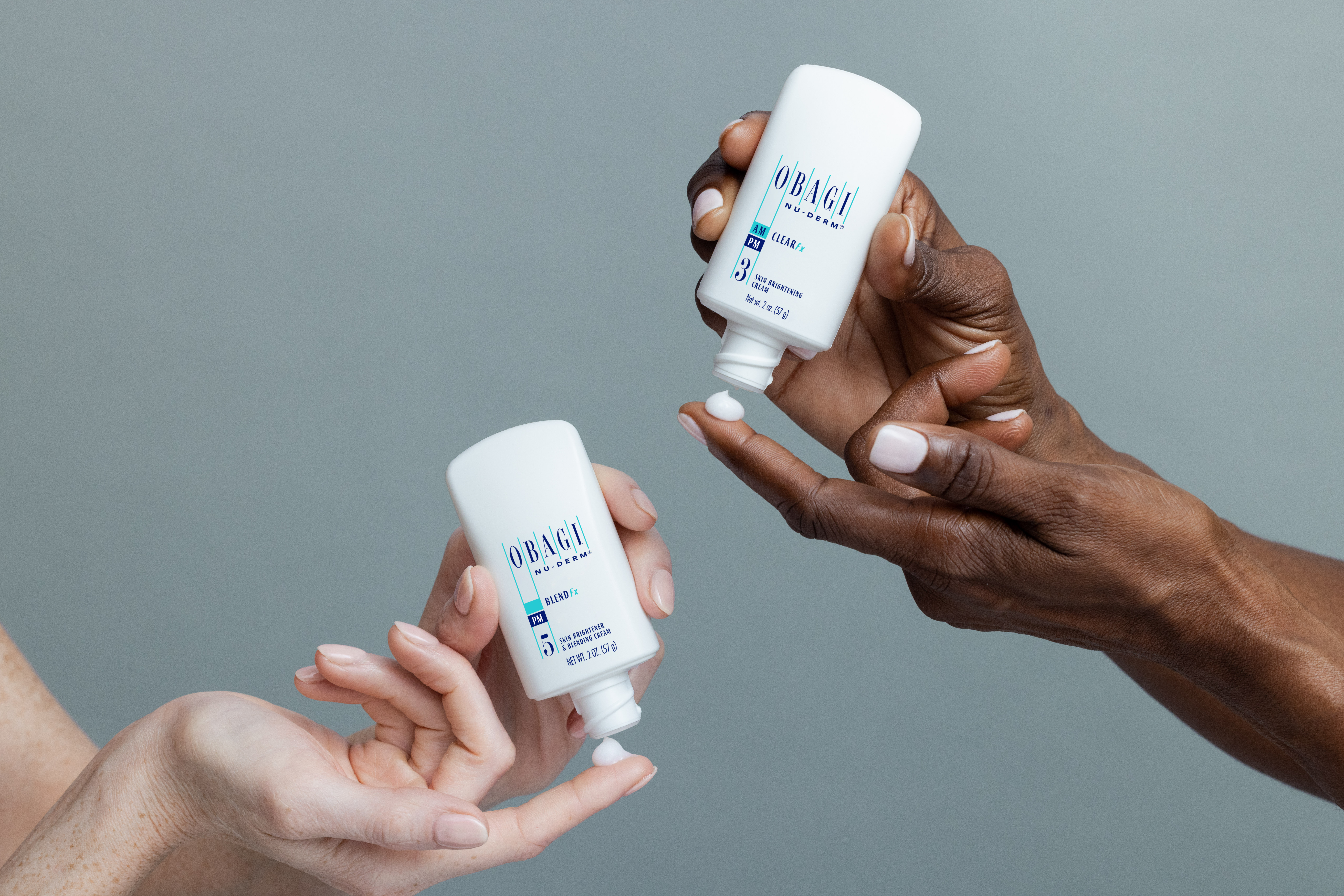There is no one way to help with scarring on the face but there are many ways to help reduce the visibility of scars. Leaving your scars faded and easy to manage.
Never Leave The House Without SPF
You already know this but we can’t stress it enough; you should never be in the sun without your protective sunscreen, as the sun’s UV rays can cause your skin a lot of damage.
Also, sunscreen is vital if you are suffering or preventing hyperpigmentation as the sun can cause dark spots or exacerbate existing scars and darker areas.
You will want to choose a non-comedogenic sunscreen so that it won’t block your pores and help to keep your skin fresh-faced and blemish-free.
Retinol Is Your New Best Friend
Retinol is a holy grail product and has many amazing talents. If you haven’t tried retinol and don't know what it is then, you should keep reading as you won’t want to miss out anymore!
Using retinol on a regular basis can improve your whole complexion, especially when suffering from acne and breakouts. It will help to clear your skin and keep it that way.
You don’t want to wait till you have acne scars and then try to do something about it. You want to act quickly. For acne scars particularly, we recommend using the Obagi Retinol 1.0 to create a more blemish free complexion.
It works by penetrating the skin and encouraging the turnover of your cells. This helps to remove dead skin cells and build-up you may have on your skin, clearing your pores of any dirt and bacteria. It will leave your skin glowing and help with fading any scarring.
Don’t Forget Vitamin C
Regardless of if you are suffering from scarring or not, Vitamin C should be a staple within your skincare routine. It is an amazing brightening product, and it also aids in increased cell turnover helping to reduce scars.
This helps boost your skin's regeneration process, which will help to reduce or altogether rid your skin of hyperpigmentation.
Also, Vitamin C aids in healing your skin by supporting the production of collagen.











